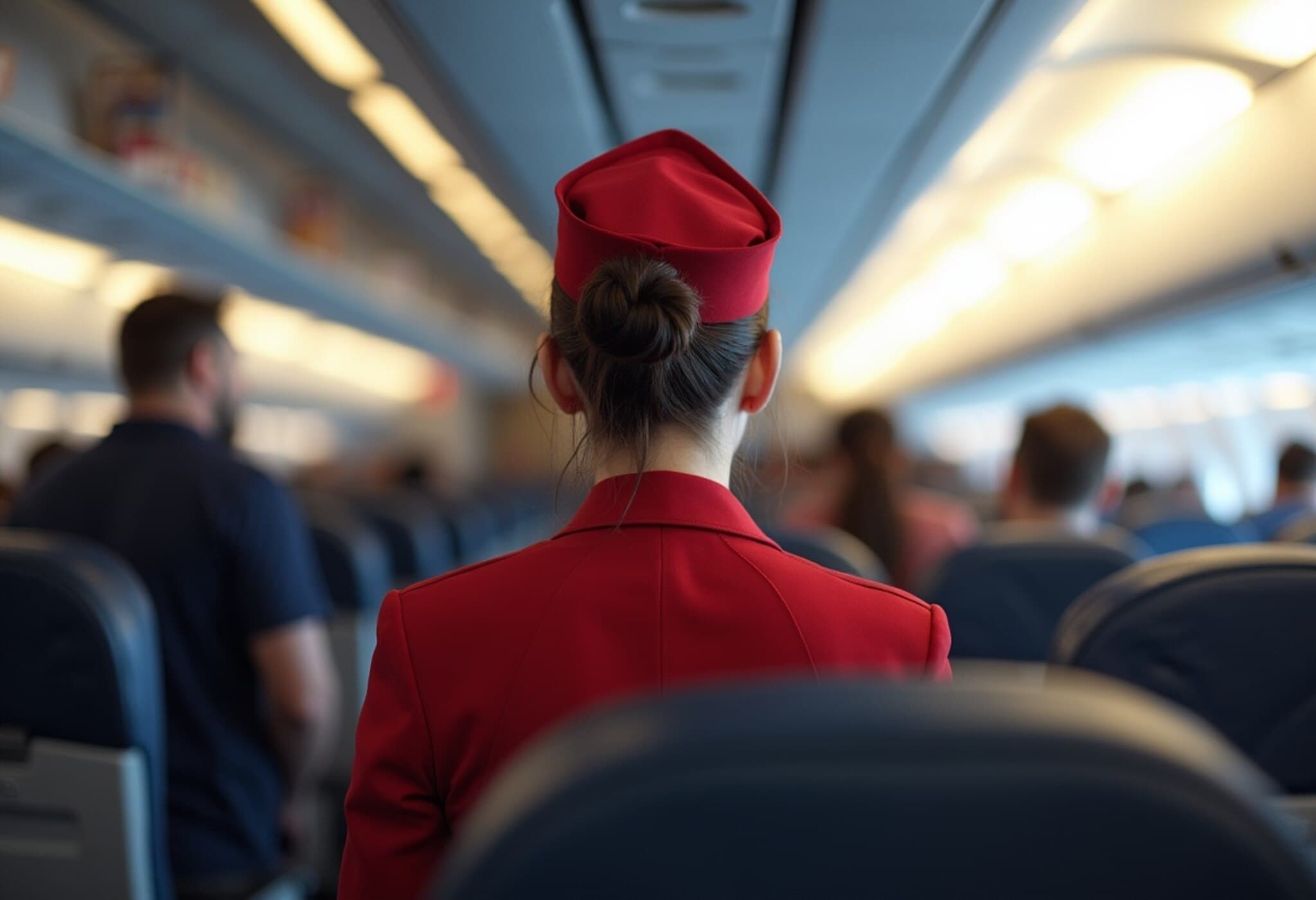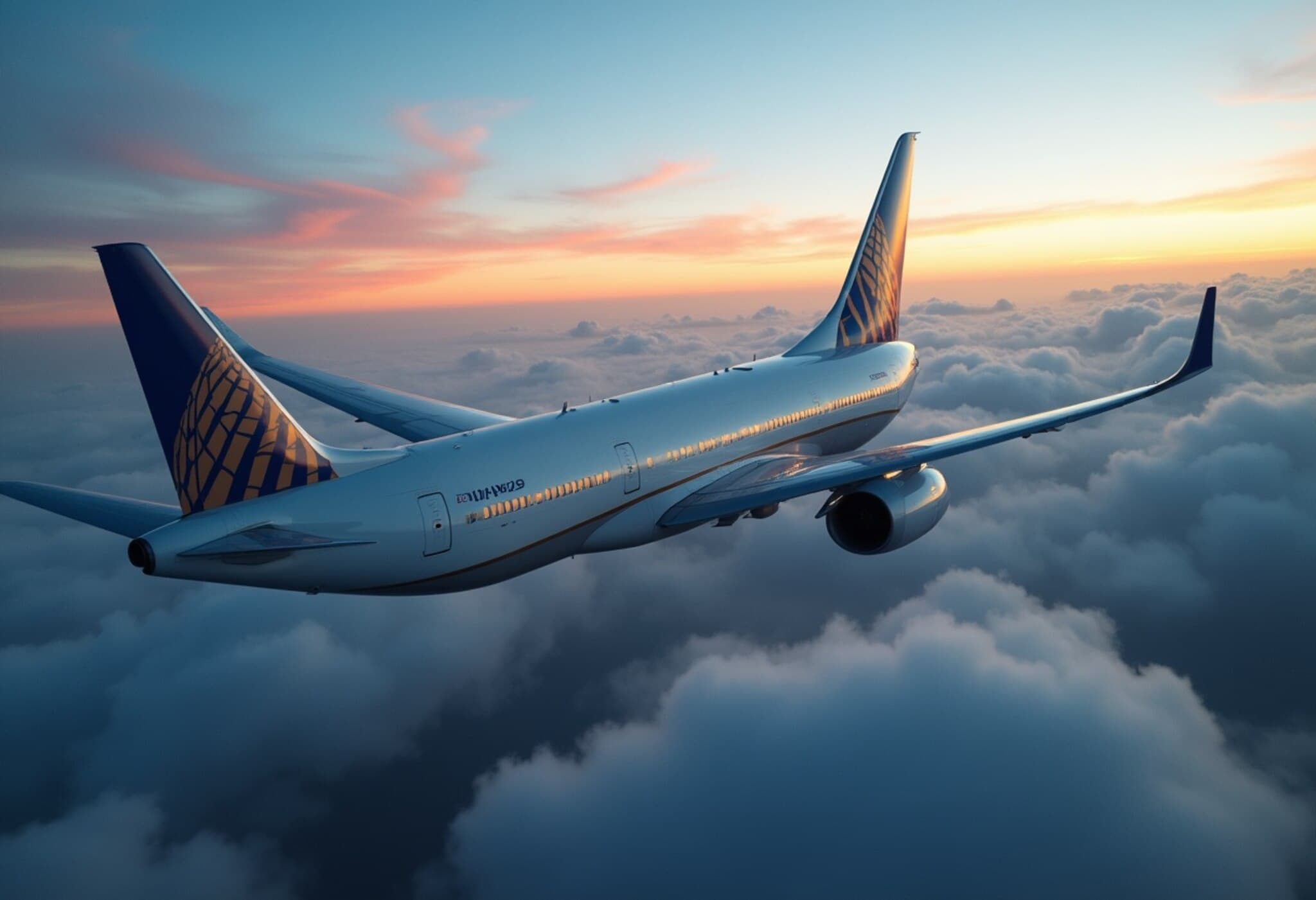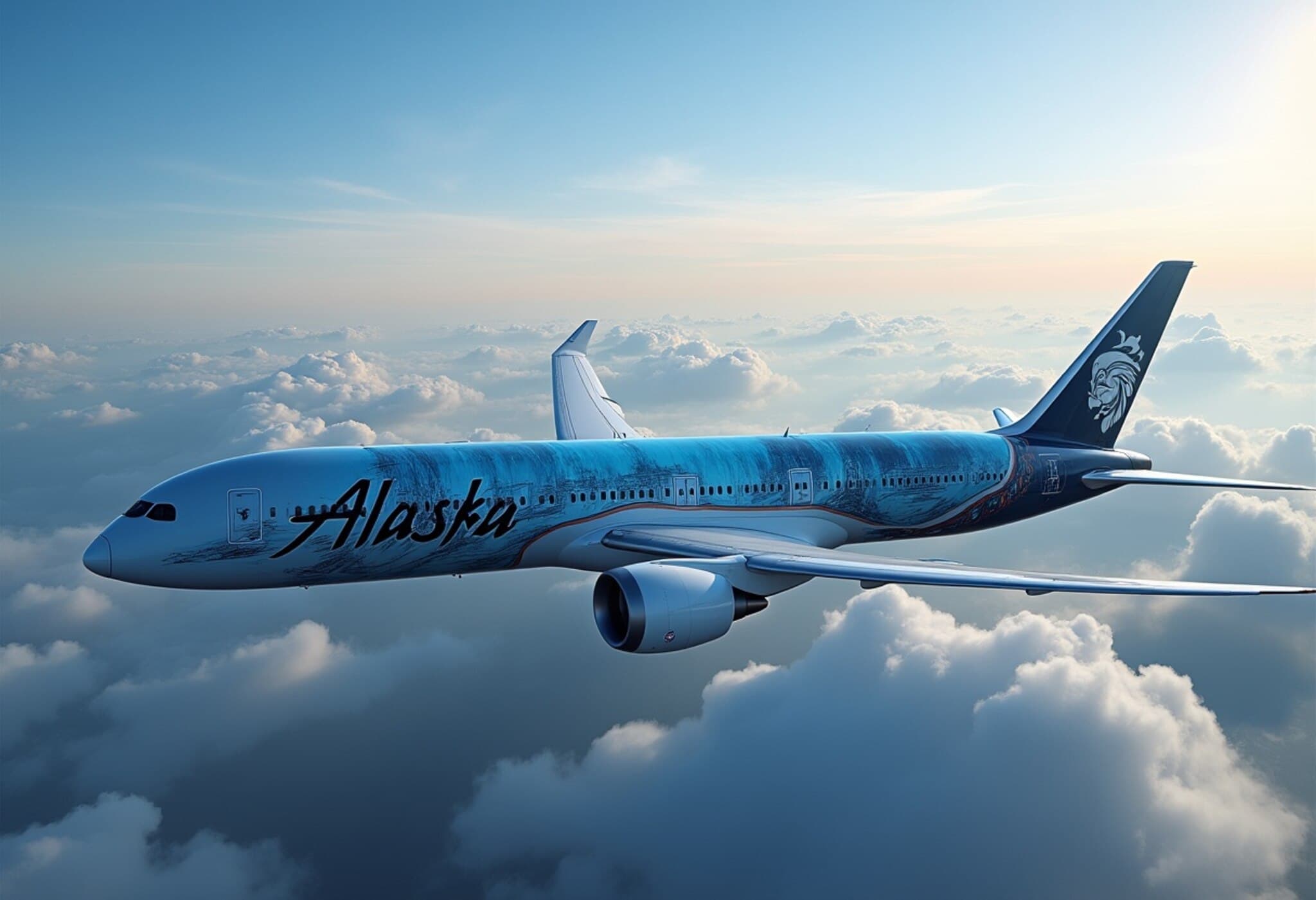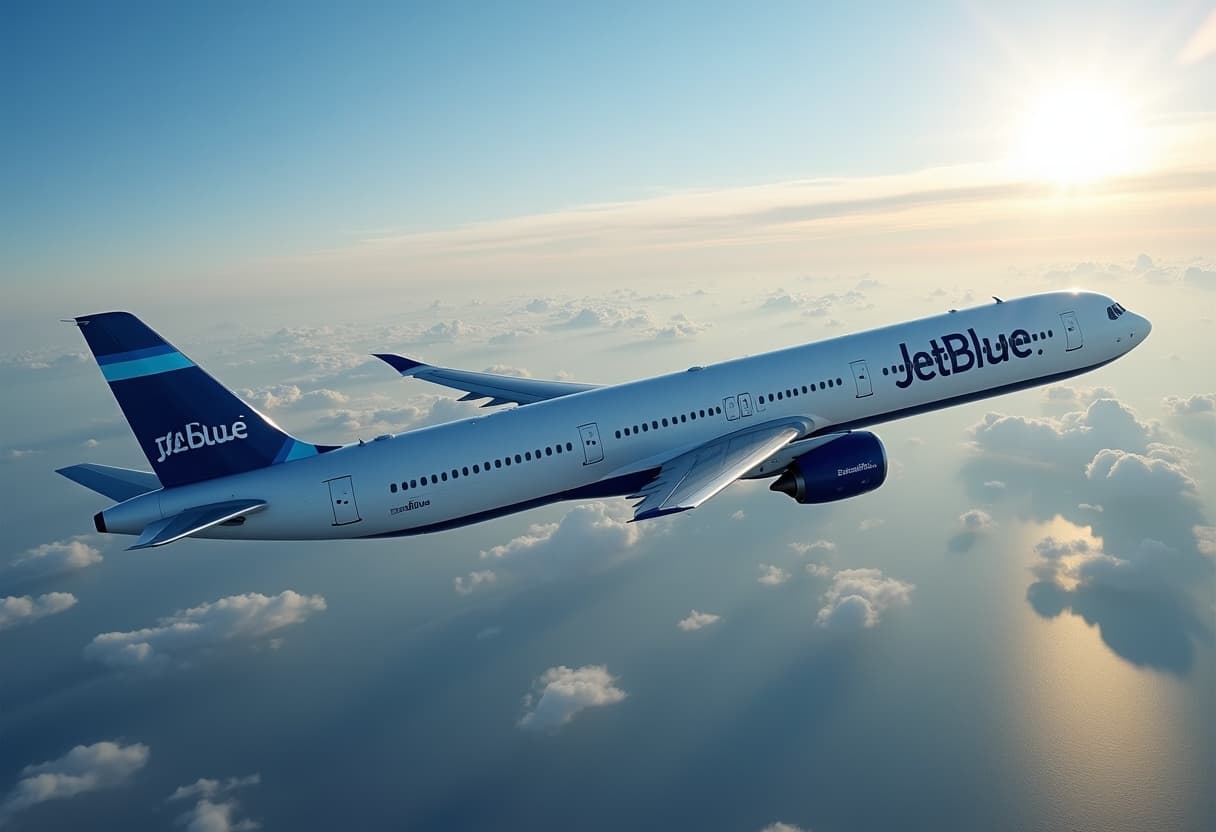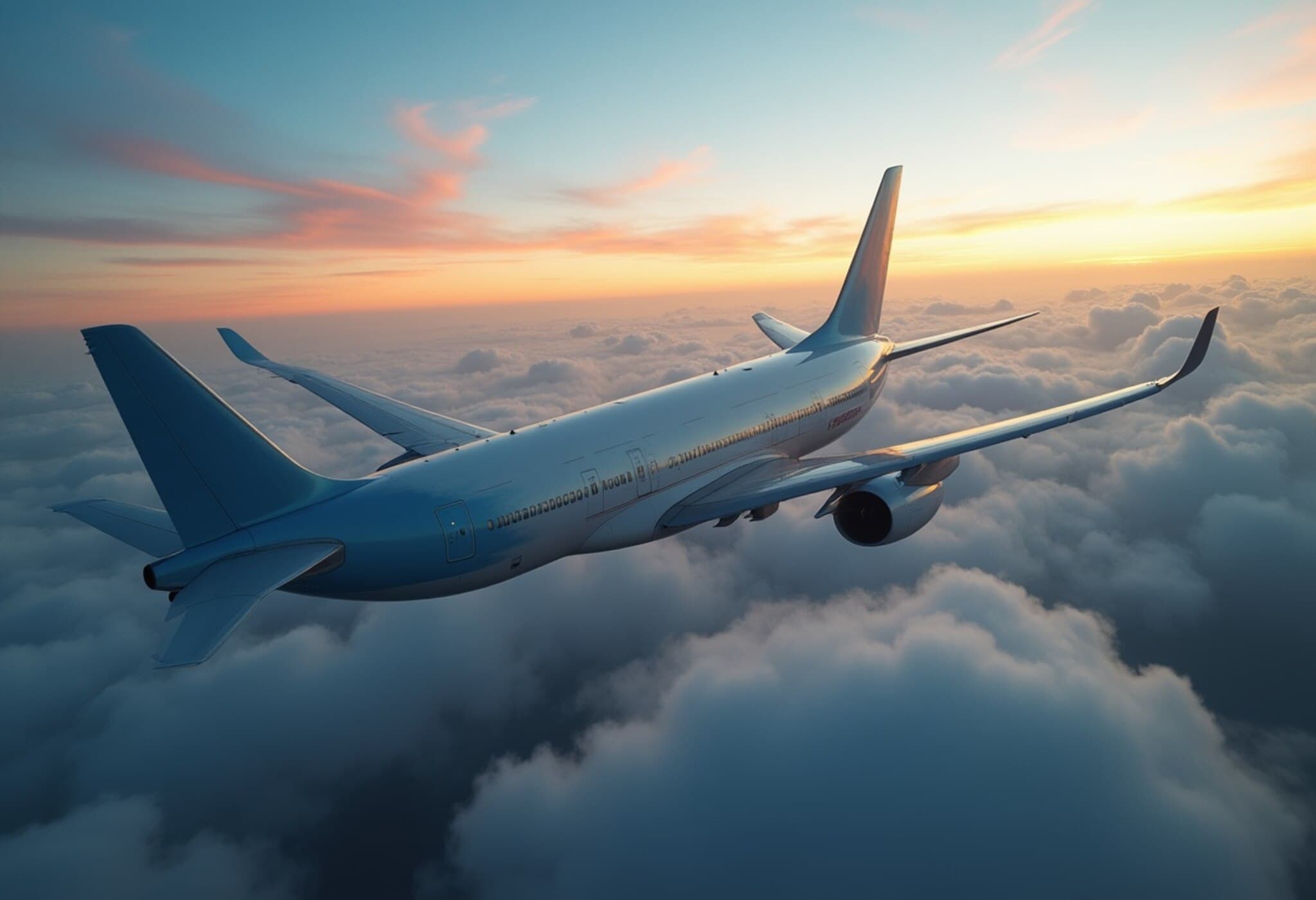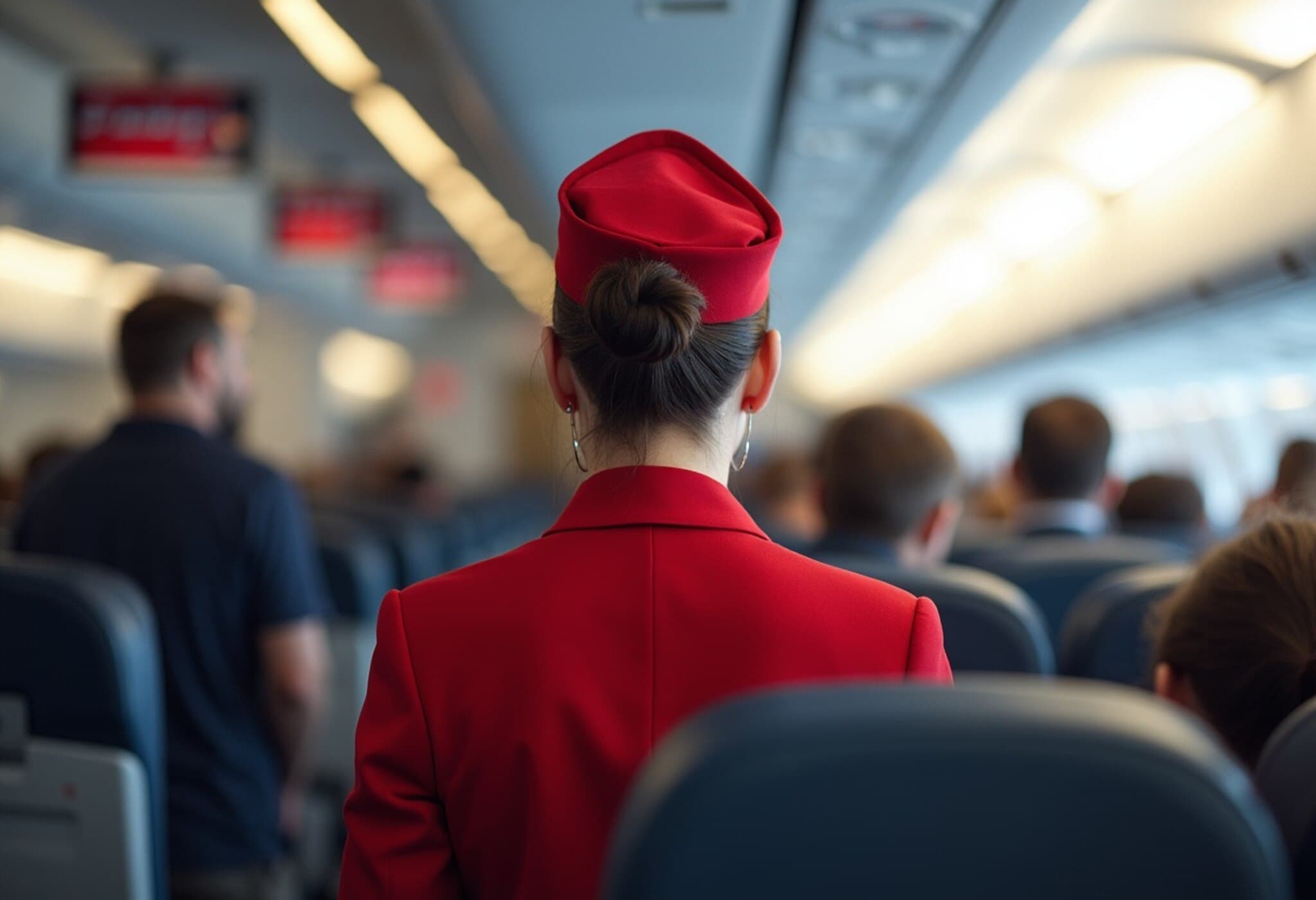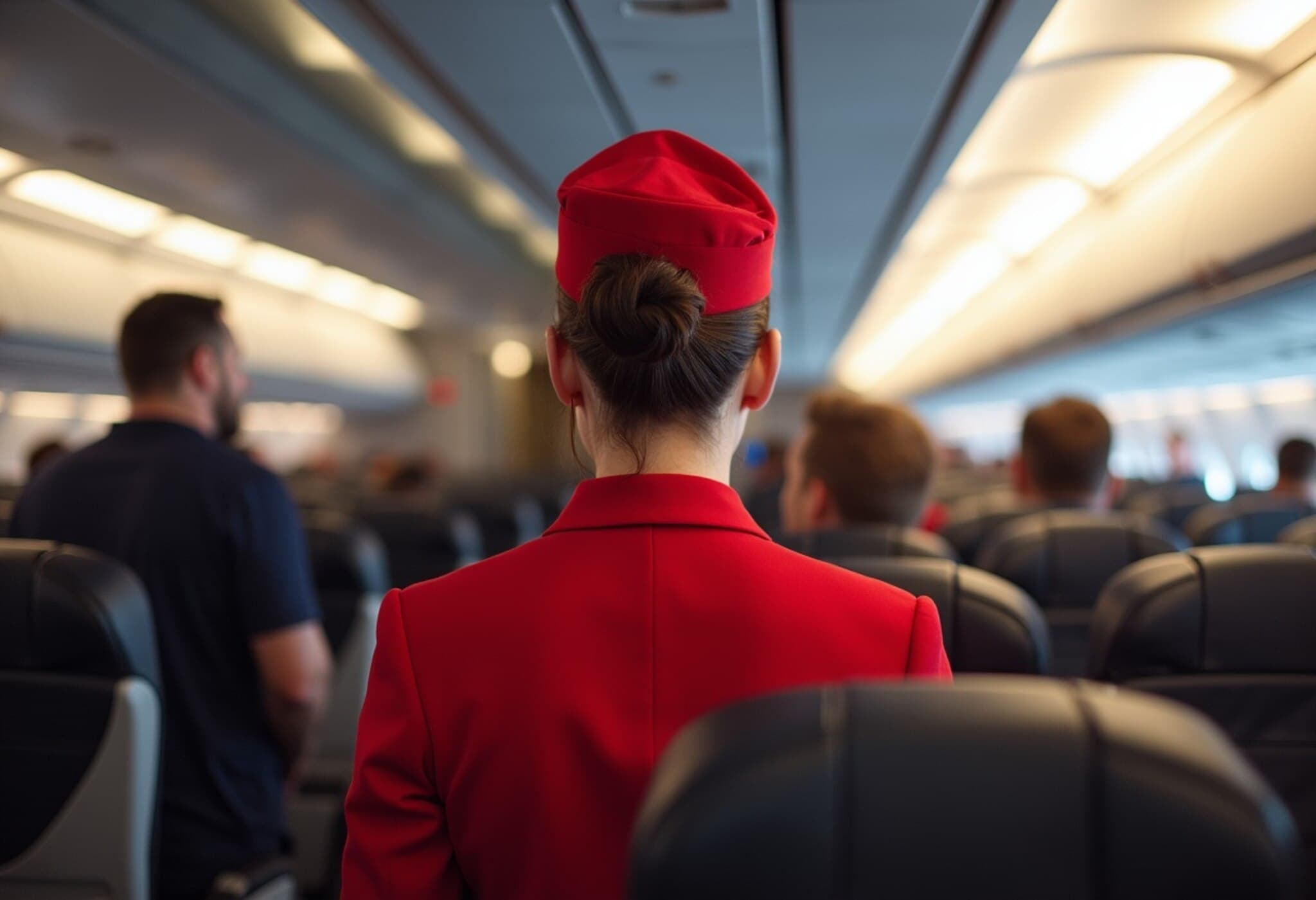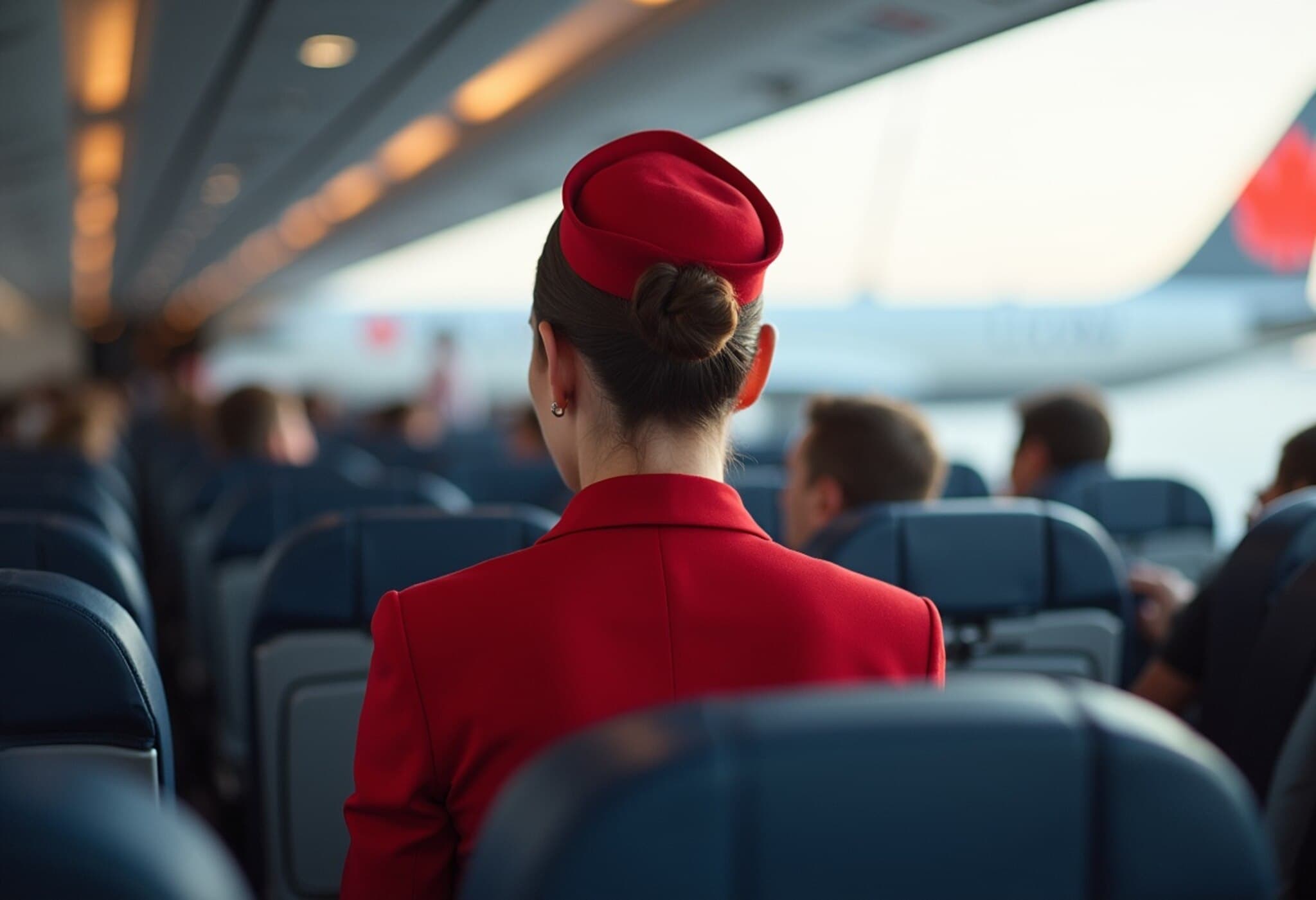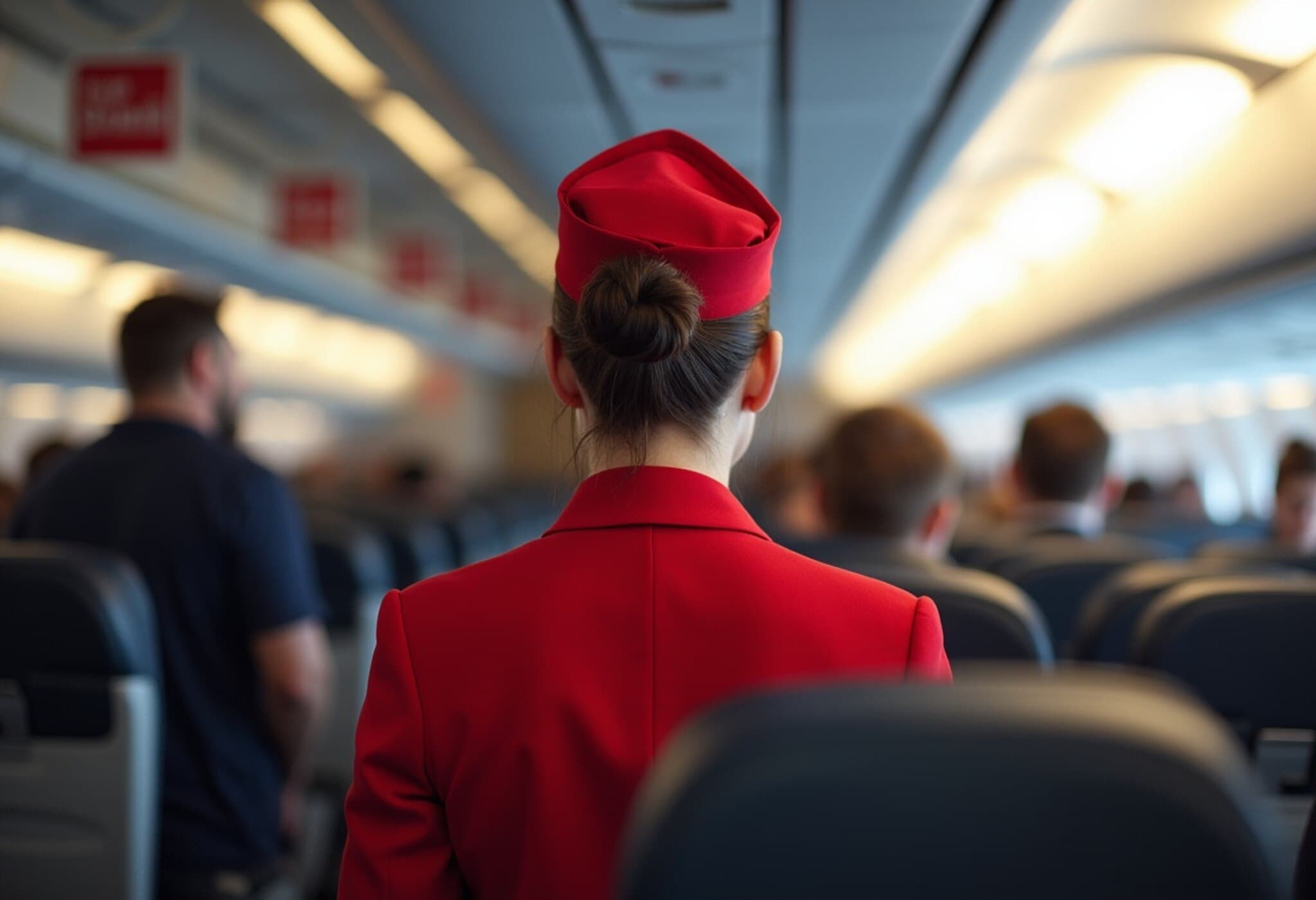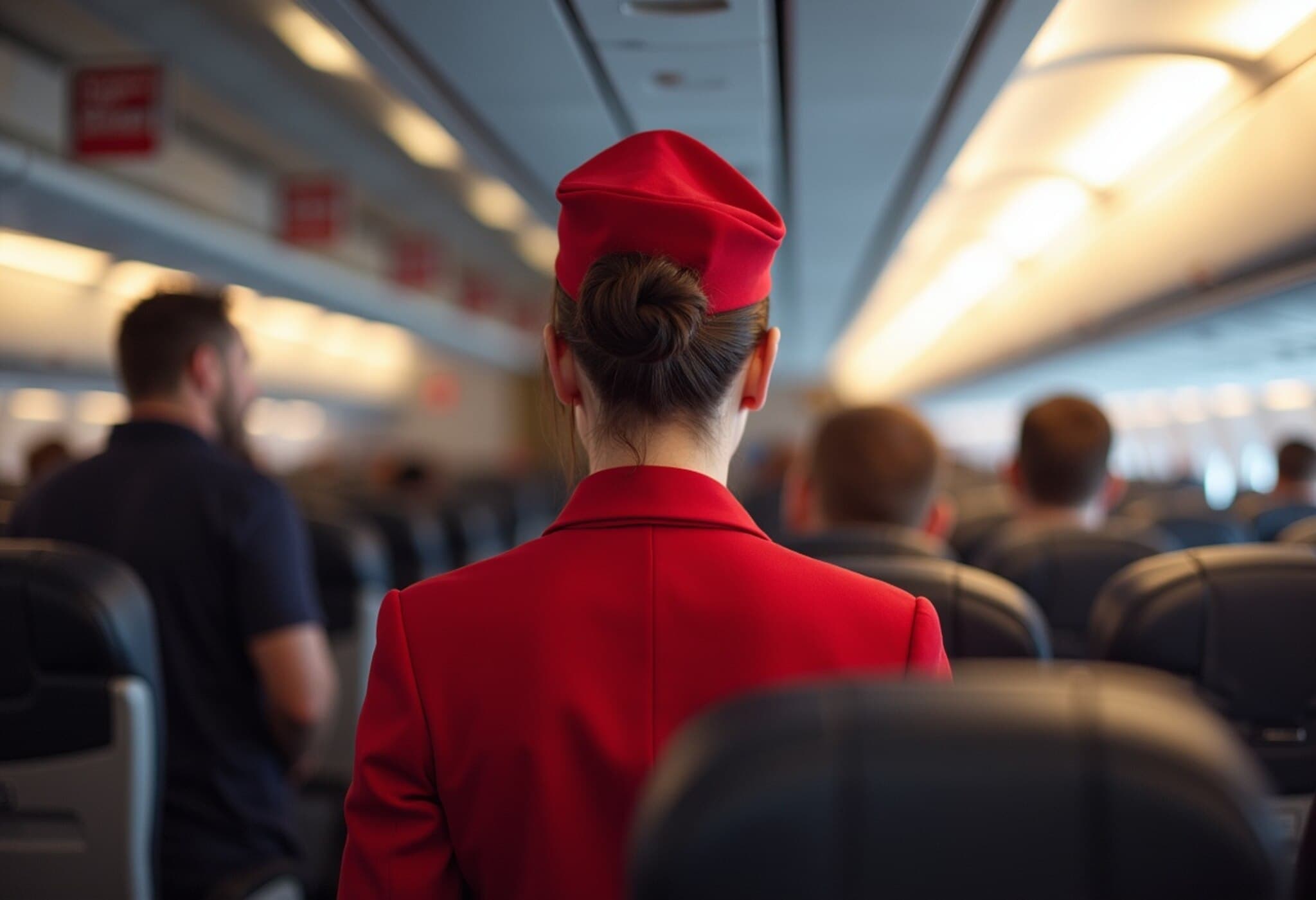Air Canada Initiates Flight Cancellations as Flight Attendants Threaten Strike
As tensions escalate between Air Canada and its flight attendants, the nation’s leading air carrier has begun canceling flights in anticipation of a potentially crippling strike this weekend. Approximately 130,000 passengers per day could face travel disruptions if the strike proceeds as planned, marking one of the most significant interruptions to Canadian air travel in recent memory.
Gradual Shutdown Aims for Safe Wind-Down
Announced on Thursday by Air Canada’s Chief Operations Officer, Mark Nasr, the airline started grounding flights with several dozen international flights canceled immediately. The cancellations will accelerate toward a complete shutdown of flights operated directly by Air Canada by early Saturday morning. This strategic ramp-down aims to ensure an orderly and safe wind-down rather than a chaotic, last-minute halt.
"The impact that this is going to have on our customers is profound," Nasr stated during a press conference in Toronto. "It’s simply not the kind of system that we can start or stop at the push of a button. So in order to have a safe and orderly wind down, we need to begin now."
Labor Dispute: Sticking Points and Broader Implications
This labor dispute pits Air Canada against its 10,000-strong flight attendants union amid failed negotiations and government arbitration attempts. The flight attendants seek fair compensation, specifically payment for the significant time spent on pre-flight preparations and post-flight duties — a practice already adopted by several major U.S. airlines such as Delta, American, and Alaska Airlines.
The union asserts that flight attendants are currently paid only for time in the air, overlooking substantial labor performed on the ground. Wesley Lesosky, the union’s president, emphasized, "There is a very clear path for Air Canada to avoid job action: Pay your workers when they’re on the clock, and pay them a wage that allows them to live and work in dignity."
Air Canada counters that it has offered a 38 percent increase in total compensation over four years, including wages, benefits, and pensions, but has not disclosed the exact wage component. The union disputes this offer, arguing the proposed 17.2 percent wage increase over four years does not keep pace with inflation pressures affecting workers’ livelihoods.
Legal and Economic Stakes for Canada
A looming strike is poised to disrupt a crucial transportation network in a country where vast geography makes air travel indispensable. Air Canada controls nearly half (48%) of Canada’s domestic seat miles and connects Canadians internationally in 65 countries — widely surpassing its competitors in scale. This means a disruption could not only strand thousands domestically but also impede Canada’s global connectivity, affecting tourism and trade.
The timing is particularly sensitive amid a subtle but notable shift in North American travel patterns. Canadian travelers have notably reduced their trips to the U.S., intertwined with ongoing political tensions and trade disputes. The Canada census agency recently highlighted a nearly 26% drop in Canadians returning from the U.S. by air in July, alongside an uptick in Americans visiting Canada, signaling complex cross-border dynamics.
Limited Alternatives Amplify Risk to Travelers
While Air Canada intends to assist passengers in booking alternative flights, Nasr acknowledged the challenge: "It’s the peak of the summer travel season; there are very few seats available out there." Regional flights, generally operated by smaller carriers under contract, are expected to continue but account for only about 30% of Air Canada’s daily flights.
Looking Ahead: What’s Next?
A significant legal hurdle may limit federal government intervention; a recent Supreme Court ruling complicates any attempts to forcibly end the strike. This gives both Air Canada and the flight attendants’ union a heavier stake in reaching a resolution. However, the union remains skeptical of arbitration outcomes, which historically have not yielded the kinds of work-condition reforms or pay structures they seek.
The coming days will be critical: will negotiations bridge the gap between compensation expectations and the airline’s financial constraints, or will Canadians face widespread travel disruptions with limited alternatives?
Editor’s Note
This unfolding labor dispute underscores the broader challenges facing airline workers amid an evolving industry landscape. As North American airlines begin recognizing and compensating ground time work, Air Canada’s stance stands at odds with regional trends. The strike, if it materializes, presents not just an immediate passenger inconvenience but also raises vital questions about fair labor practices, the future of airline compensation, and how Canada balances economic resilience with worker rights. Readers should watch this space as the ripple effects on Canadian travel and trade could be far-reaching.

